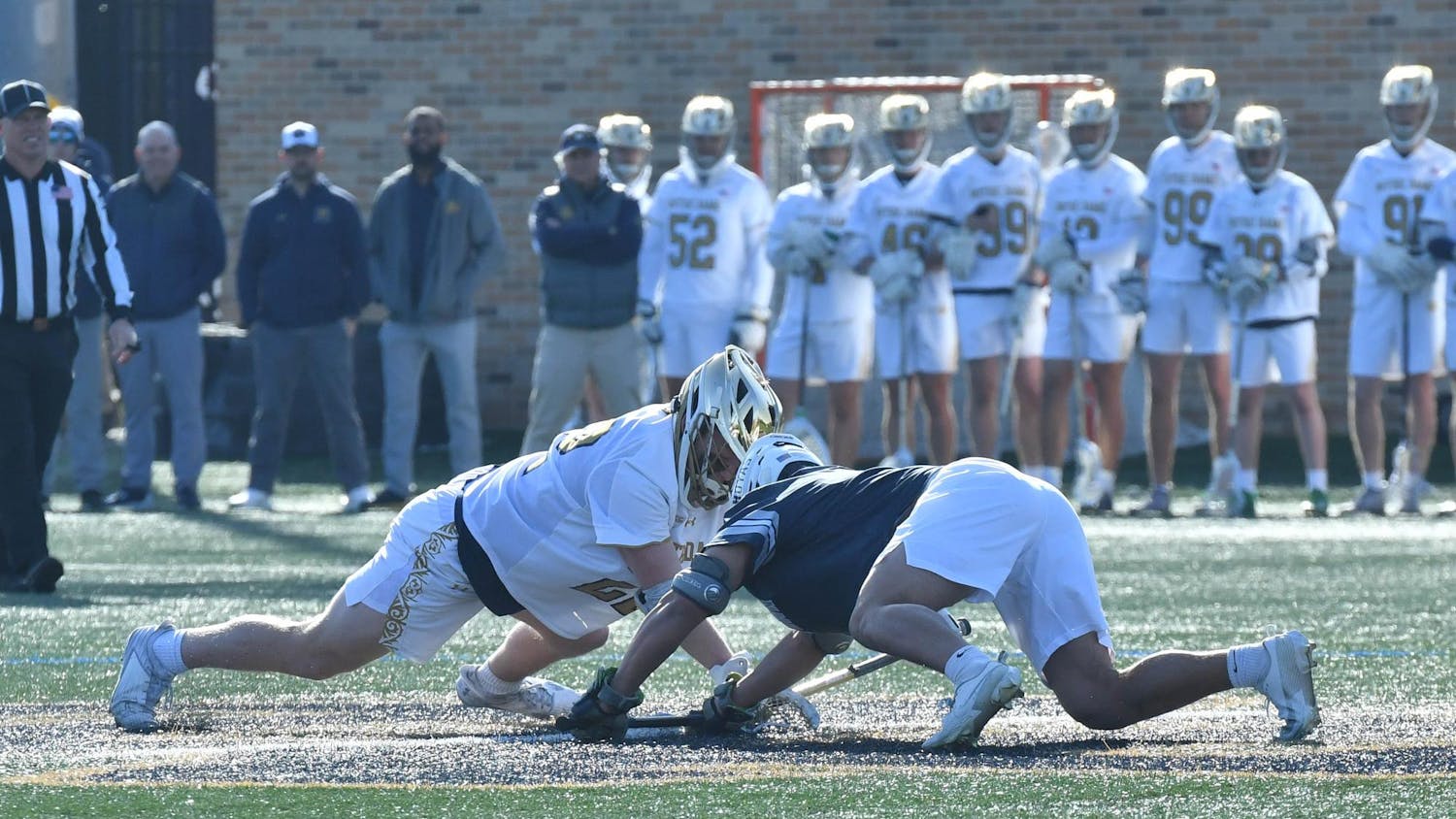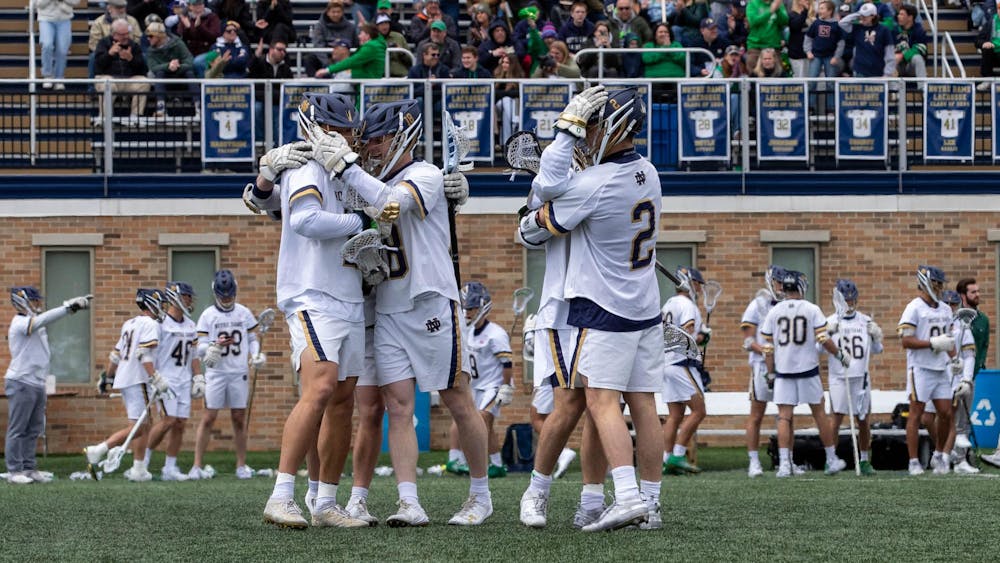No matter if you watched four hours or 44 hours of basketball during the NCAA tournament four-day frenzy, your time was split into three neat categories - the game, the replays and the commercials.

Although seeing the same Bud Light blind date commercial dozens of times and learning about the "Pickle Roll" over and over again was not the ideal way to spend a Saturday afternoon, the biggest detractor from some otherwise-exciting basketball was not the commercials, but actually the replays - specifically the referee replay reviews.
Seeing replays of high-flying alley-oops by Florida Gulf Coast or re-watching the 3-point daggers by Aaron Craft, Victor Oladipo and Shane Larkin is not what has got me tied up in knots. Rather, it's the countless times the referees stopped the game, moseyed on over to the official's table and replayed the most recent series of events to make sure they made the correct call.
The NCAA tournament is one of the greatest events in sports and it will continue to hold that status without any alterations. But if we are striving for perfection, then instant replay in college basketball needs an overhaul.
Official NCAA basketball rules allow referees to use replay equipment for situations involving free throws, controversial 3-point baskets and flagrant fouls and also to adjust the game or shot clock if a mistake occurred.
Statistics on how many times referees review plays per game are not readily available, but judging from four days of basketball, each game averaged around three replay reviews, with a higher frequency in close games near the end of regulation.
The biggest issue with referee-replay review is the disruption to the game that comes along with the stoppage. At the end of a game, as many as three plays are reviewed in just a 30-second period. Any momentum shift caused by a big play can be cancelled out by the stoppage and, as Davidson fans can attest to, these referee replays can also give teams distinct advantages.

On Thursday night No. 14 seed Davidson was on the verge of upsetting No. 3 seed Marquette, leading the Golden Eagles by one point with 10 seconds remaining. But an errant pass by Davidson during the press break turned the ball over to Marquette, who did not have any timeouts remaining. The referees reviewed the play to adjust the game clock though, essentially giving Marquette a timeout. With the added 1.2 seconds in hand, the Golden Eagles won the game on Vander Blue's game-winning layup.
Davidson was doubly punished by its critical turnover as the following replay review gave Marquette time to huddle up and talk over a play. It's certainly not the reason the Wildcats lost, but the review of the game clock did impact the game.
To reduce unnecessary stoppages, reviews to adjust the clock should be almost completely eliminated. The majority of these reviews change the clock by less than a half second and clock errors should even themselves out over the course of an entire game anyways.
Anyone who watched one or two games last weekend probably also learned the rules for flagrant fouls and the penalties they entail. The rule and penalties are another topic to discuss, but to avoid additional referee replays, flagrant fouls should be called during the action without instant replay. Calling these fouls in the heat of the moment will help to differentiate inadvertent elbows from actual flagrant fouls caused by recklessness, malice or the particularly dangerous use of elbows above shoulder level.
As a solution to the whole replay review situation, the NCAA should adopt a similar system to the one used in the NFL. Give each team one replay challenge for the entire game with the ability to challenge any plays currently reviewable under NCAA rules. Unlike the NFL, though, don't leave the last two minutes to the booth. Teams will almost certainly save their challenge until the end of the game anyways. The only exception should be automatic reviews for potential game-winning baskets at the end of a game.
Finally, the NCAA should upgrade its replay equipment at tournament sites to speed up the process. As intriguing as it is to watch the referees watch themselves on TV, depending on the actual game broadcast is not efficient.
Referee replay review is not infallible (just recall the mistake made Jan. 3 when Colorado should have defeated Arizona on a buzzer-beater that was called off). But these changes would go a long way towards perfecting and speeding up the process itself.
Once instant replay in college basketball is improved, the only thing standing between us and a perfect NCAA-tournament experience will be those commercials.
Contact Peter Steiner at psteiner@nd.edu. The views expressed in this column are those of the author and not necessarily those of The Observer.












